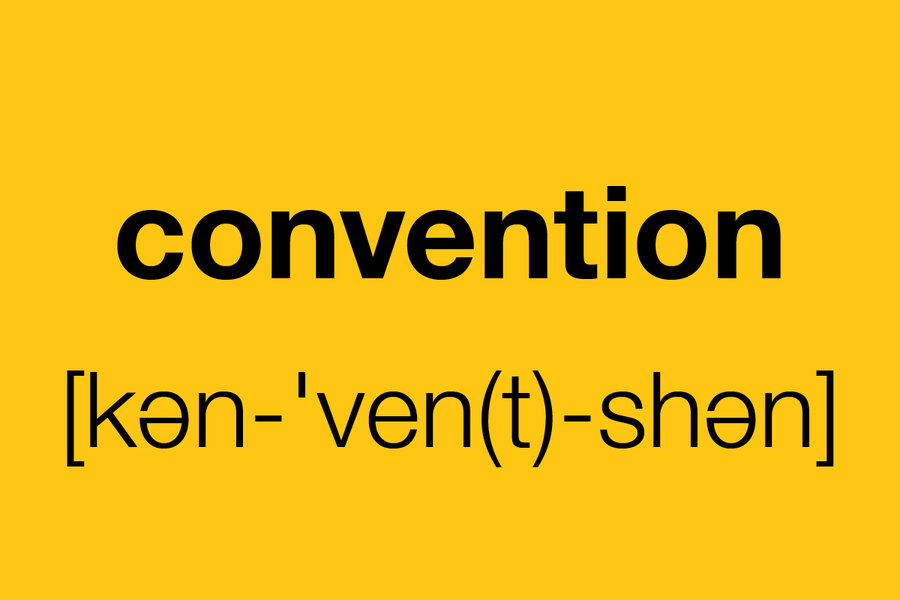English has many rules, some of them valid
Loading...
Over three decades as a newspaper copy editor, I came to realize that the schoolroom grammar of my childhood was inadequate to encompass the richness and complexity of the English language.
Copy editors fall into two camps: prescriptivists, who want to enforce The Rules, and descriptivists, who challenge the adequacy of those rules. I have a foot in each camp, as an informed and moderate prescriptivist.
Editing is inherently prescriptive, because the editor is trying to make things correct. But the descriptivists have shown that a too-rigid prescriptivism throttles the effectiveness of the language. So I no longer talk about what is “correct,” but rather what is appropriate for the subject, the occasion, the writer, the publication, and the party most frequently neglected in these operations, the reader.
Some rules of English you know, some you don’t, and some aren’t rules at all.
Dark Grammar – This is the basic language stored in your head since you acquired it in early childhood. English typically goes subject-verb-object and has an order of adjectives (that’s why you say “big old red brick school” and intuitively know that “red old brick big school” is just wrong).
Formal Written English – This version of English must be taught, so that you can write long sentences in which the subjects and verbs agree and dodge the language’s treacherous homonyms. Talking comes naturally, but learning to write formal English takes years (and many never do it well).
Conventions – Americans put commas and periods inside quotation marks; British writers put them outside. This is just what one conventionally does.
Superstitions – Will Rogers said, “It ain’t what you don’t know that hurts you. It’s what you know that ain’t so.” Much schoolroom grammar and usage – don’t split infinitives, don’t begin a sentence with “and,” don’t end a sentence with a preposition – just ain’t so. Theodore M. Bernstein exploded scores of them 50 years ago in the delightful “Miss Thistlebottom’s Hobgoblins.”
Shibboleths – A shibboleth is an arbitrary standard, sometimes a single word, by which people identify others of whom they approve or disapprove. “Irregardless” is now a word, like it or not, and some people use it. Some people use “hopefully” as a sentence adverb. Hopefully you will not fall into the moral hazard of judging people over the way they talk.
Personal Preferences – It’s your language too, and you are entitled to like and dislike words and phrases and constructions. Make full and free use of it.
John McIntyre was an editor for 34 years at The Baltimore Sun.







